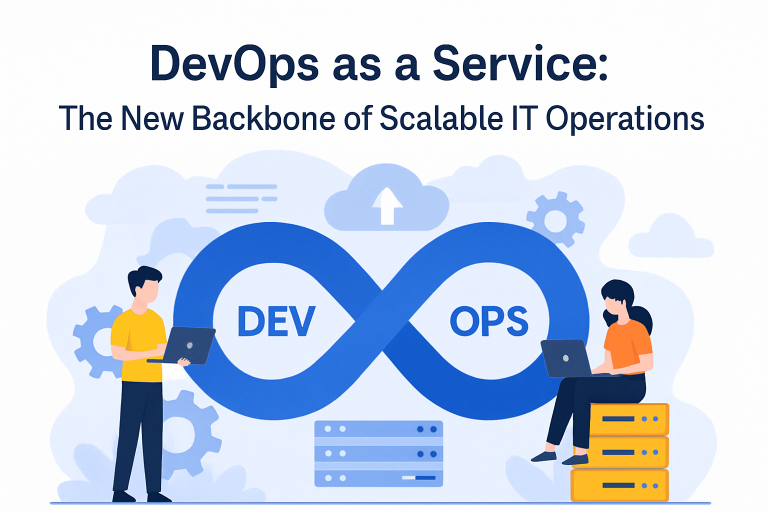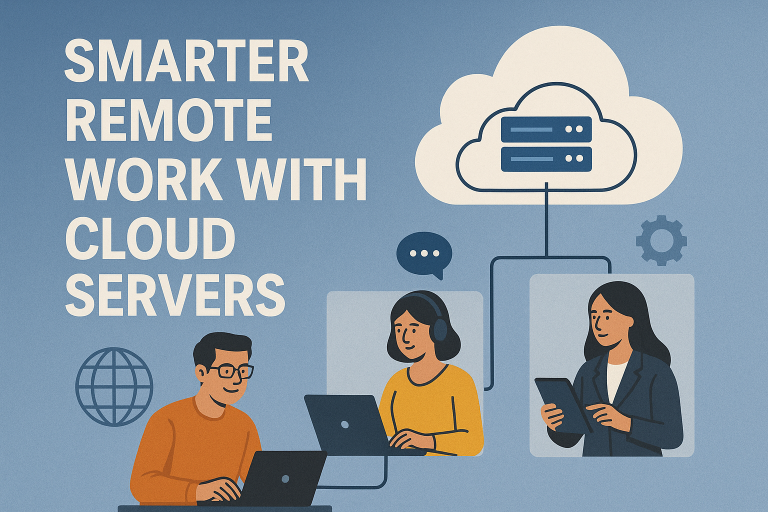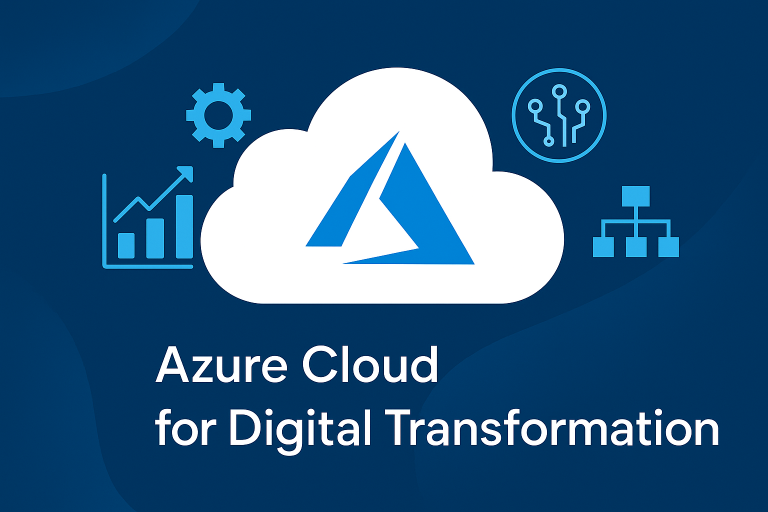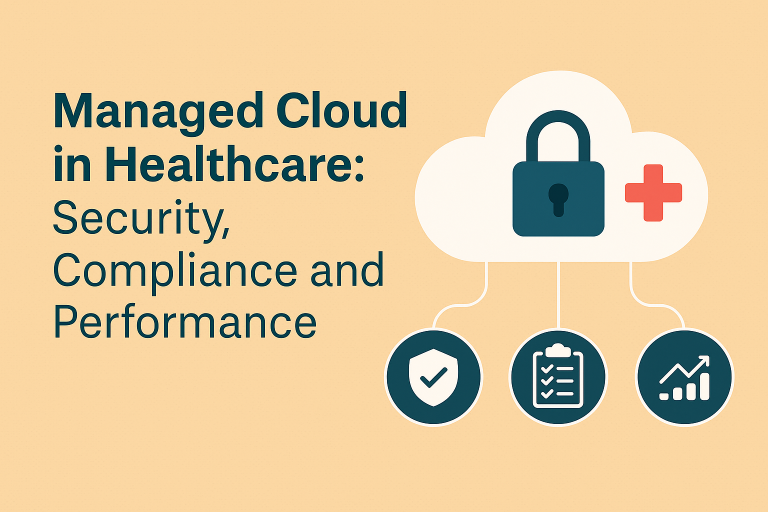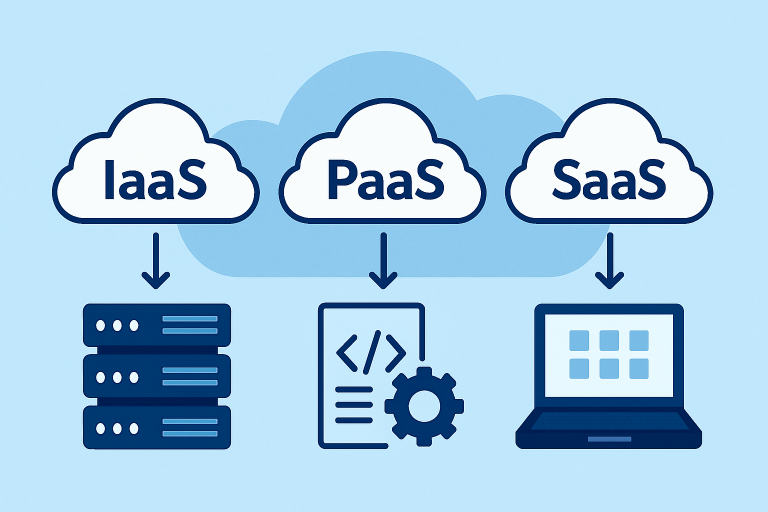
A growth spike is not everything for a successful business—steady growth and sustainability make businesses profitable and long-lasting. In today’s fast-paced world, almost every business sector has become technology-dependent. Technology plays an essential role in ensuring the smooth functioning of operations. Therefore, every organization needs to be up-to-date with cutting-edge technologies and their implementation. However, technology can also be a significant source of disruption if not managed appropriately. Disruptions can include system breakdowns, outdated software, downtime, cybersecurity threats, and data breaches. These disruptions can damage the company’s reputation, cause loss of revenue, and in extreme cases, complete business failure. Therefore, businesses need to have a comprehensive business continuity planning (BCP) incorporating technology solutions. One of the critical components of an efficient and effective BCP is Managed IT Services.
Managed IT Services involves outsourcing the management and maintenance of an organization’s IT infrastructure to a third-party provider. A managed service provider (MSP) offers services like network management, 24/7 IT monitoring, data backup, cybersecurity, and cloud computing. The primary goal of MSPs is to ensure a secure, reliable IT environment that helps businesses achieve their goals.
Let’s learn how a managed IT services partner can help you with your business continuity planning.
Proactive and Reactive IT Support
Your managed IT services partner is crucial in business continuity planning by providing proactive and reactive IT support. Proactive support involves identifying potential IT issues before they occur and taking steps to prevent them.
Reactive support addresses IT issues immediately to minimize downtime and ensure business continuity.
24/7 Monitoring and Support
Another significant advantage of managed IT services in Business Continuity Planning is the ability to provide 24/7 monitoring and support. MSPs have dedicated teams that monitor IT systems round the clock, 365 days a year, allowing them to detect and address issues immediately. This minimizes the risk of prolonged downtime and lost revenue, which can be critical during a business disruption. Continuous monitoring allows managed service providers to detect and address issues early, ensuring system uptime.
Risk Identification and Mitigation
MSP also helps businesses to identify and mitigate potential risks. Usually, the managed IT services providers have extensive experience in managing IT infrastructure and are well-versed in the latest cybersecurity threats and vulnerabilities.
They can conduct regular risk assessments to identify potential weaknesses in the organization’s IT systems and implement measures to address them. This can include implementing firewalls, antivirus software, and intrusion detection systems to prevent cyber-attacks and minimize the impact of security breaches. By proactively identifying and mitigating potential risks, an MSP can help businesses reduce the likelihood and impact of disruptions. It helps in seamless business operations and protects the market reputation.
Data Backup and Recovery
Backup and recovery play an essential role in an organization’s business continuity. And your managed services partner has a role to play here. Data is a critical asset for businesses, and data loss can have severe consequences. A managed IT services provider offers you data backup and recovery services that ensure your data will be backed up at regular intervals and can be fast recovered in the event of a disaster. Frequent data backup facility helps businesses minimize the impact of data loss in case of accidents and allows organizations to restore their operations quickly.
Cloud Computing Solutions
Managed IT service providers offer cloud computing solutions that enable businesses to store and access data and applications remotely. This allows companies to continue their operations even if their physical location is disrupted. Cloud computing solutions are especially crucial in today’s remote work environment, where many businesses operate with a distributed workforce. Cloud computing allows employees to work from anywhere and securely access data and applications. Managed IT services firms can also ensure that data is backed up and protected in the cloud, reducing the risk of data loss due to physical disruption. Additionally, cloud computing solutions can help businesses save costs by reducing the need for physical infrastructure and providing scalable solutions that can grow with the company.
Mobile Device Management (MDM)
Mobile device management is another essential security solution for modern business setups. MDM solution helps organizations manage and control mobile device use in the workplace. While mobile devices like laptops, smartphones, and tablets increase employee productivity, they also pose a risk to sensitive company data. MDM enables you to secure, monitor, manage, and support mobile devices with the help of your MSP. This helps to reduce business security risks while optimizing device functionality.
Using the MDM facility, you can monitor and control capabilities like blocking or managing apps on devices, tracking connected devices in real-time, auditing call logs and messages, and configuring email, calendar, contacts, Wi-Fi, and VPN profiles. Your MSP can also enhance security by decommissioning mobile devices, remotely wiping out sensitive data from lost or stolen devices, and reducing the risk of mobile malware.
Automation
MSPs also help in automation. Automation helps to optimize and streamline business processes, minimizing the chance of errors and increasing efficiency. They can automate your routine IT tasks such as software updates, security patching, and system monitoring, freeing up IT resources to focus on more strategic activities.
Conclusion
Managed IT Services play a critical role in business continuity planning. Managed services providers offer a wide range of IT services that help businesses to maintain operations in the event of a disruption. These services include 24/7 monitoring and support, risk identification and mitigation, data backup and recovery, and cloud computing solutions. Partnering with a trusted managed IT services provider helps businesses reduce IT disruptions and maintain operations during crises.

